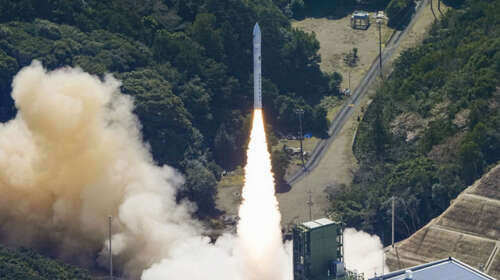
While the launch of Kairos may have looked like a disaster to onlookers, President Toyoda noted that it isn’t the end of the road for Space One. “We don’t use the word ‘failure’ because each trial brings us … new data and experience for another challenge,” Toyoda said in a statement to the press.
An unsuccessful rocket launch is par for the course when a space startup is finding its footing. Elon Musk’s SpaceX, for example, has had its fair share of exploding rockets: Its first three launches ended with clouds of smoke and changed the company forever. Even after seven years of success, SpaceX experienced another failed launch with the CRS-7. These setbacks are costly, but essential as experiments when theory can only take you so far.
The Kairos explosion is especially forgivable considering that Space One, founded in 2018, is still in its relative infancy. That said, it will have to work hard to hit its ambitious goal of 20 rocket launches a year by the end of the decade.
Space One isn’t the only Japanese company in the “space courier” business. The Japanese government has promised support for space startups to counter neighboring countries such as China with its own satellites. The government also sponsors the Japan Aerospace Exploration Agency (JAXA), which has shared plans for a moon rover. Like its competition, it has also been set back by an explosive launch, but continues to push forward.

